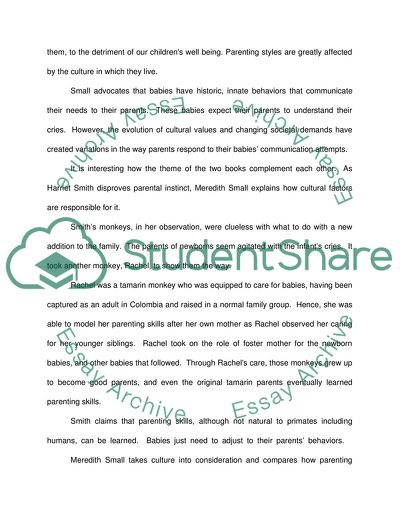Cite this document
(Parenting Issues Case Study Example | Topics and Well Written Essays - 1423 words, n.d.)
Parenting Issues Case Study Example | Topics and Well Written Essays - 1423 words. https://studentshare.org/family-consumer-science/1706394-family-and-parenting
Parenting Issues Case Study Example | Topics and Well Written Essays - 1423 words. https://studentshare.org/family-consumer-science/1706394-family-and-parenting
(Parenting Issues Case Study Example | Topics and Well Written Essays - 1423 Words)
Parenting Issues Case Study Example | Topics and Well Written Essays - 1423 Words. https://studentshare.org/family-consumer-science/1706394-family-and-parenting.
Parenting Issues Case Study Example | Topics and Well Written Essays - 1423 Words. https://studentshare.org/family-consumer-science/1706394-family-and-parenting.
“Parenting Issues Case Study Example | Topics and Well Written Essays - 1423 Words”. https://studentshare.org/family-consumer-science/1706394-family-and-parenting.


